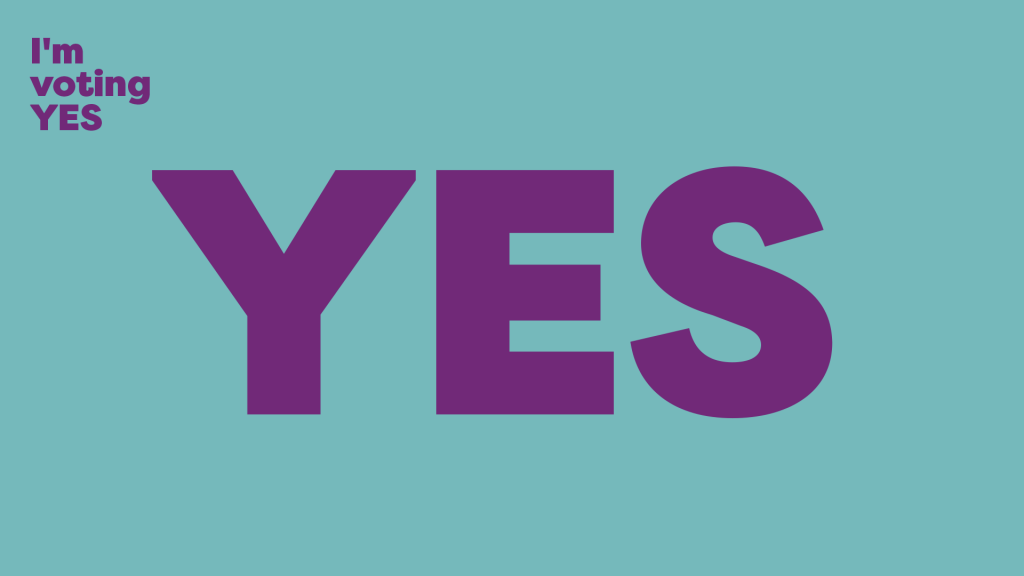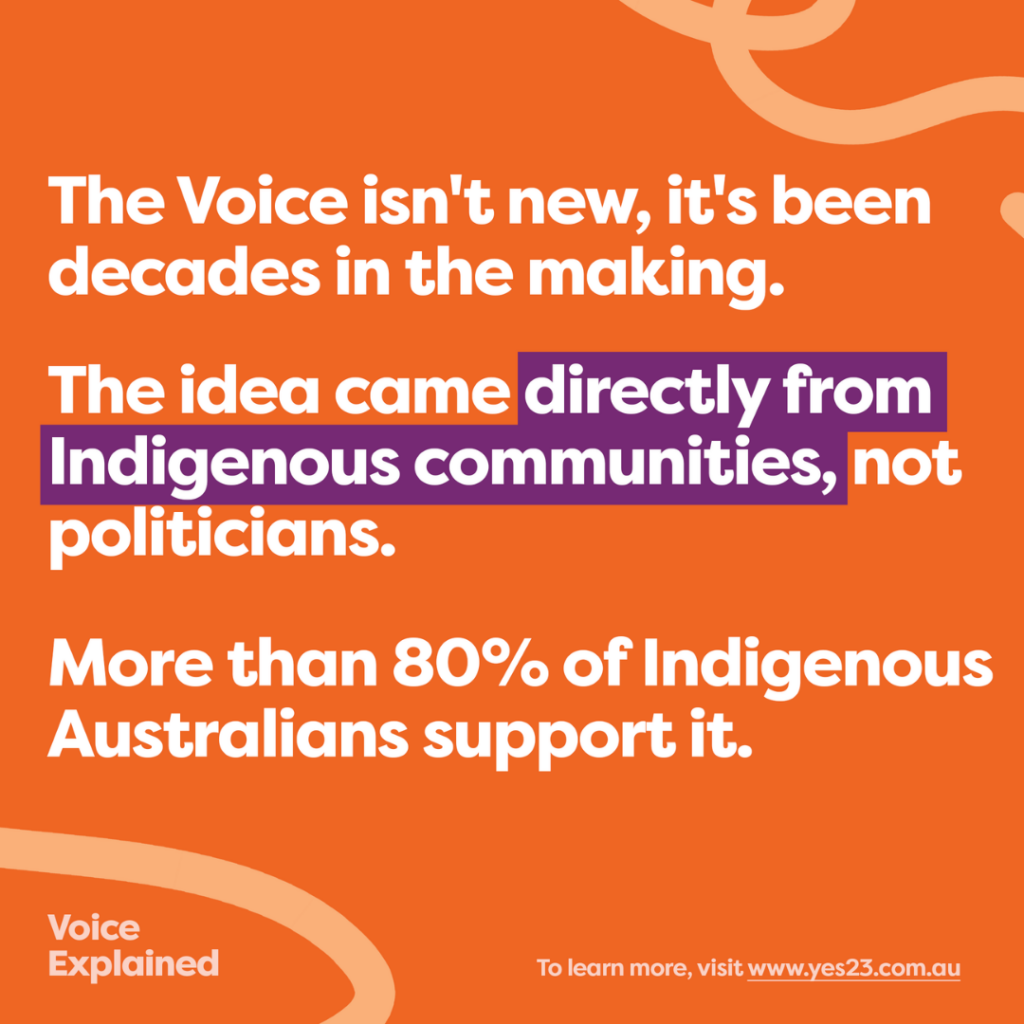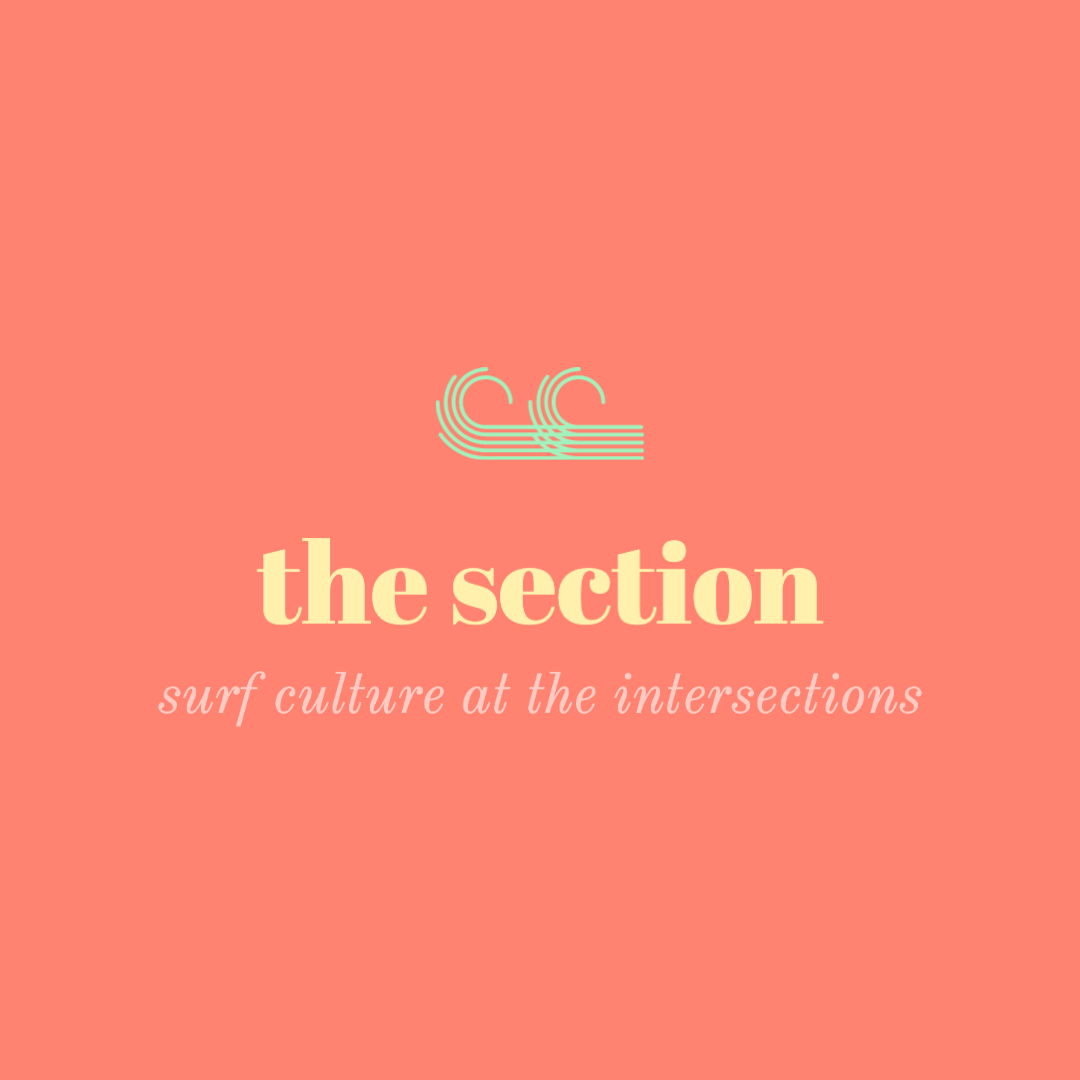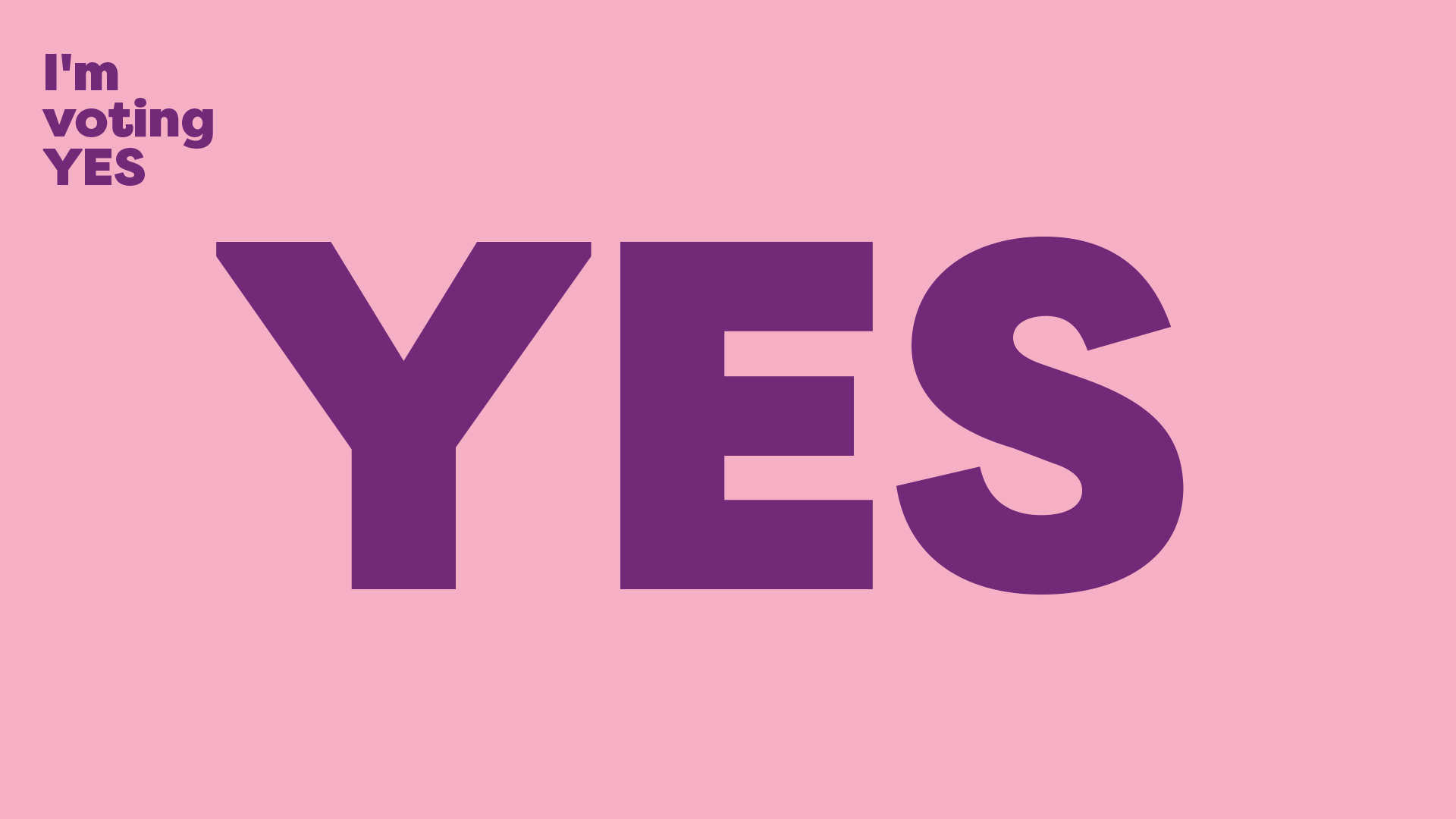
There are times when No is a productive and crucial form of resistance and survival.
As a migrant settler who benefits daily from privileges afforded to me by colonisation, I do not believe voting No in the upcoming referendum would reflect one such time. Listening to the thoughts and opinions of many different First Nations peoples has helped me arrive here.
First Nations peoples are a diverse peoples and of course will have different views and opinions. But it’s worth remembering, no matter how many ads we see or fliers we read saying otherwise, at least 80% of First Nations people support the Voice. First and foremost, that is why I am voting Yes.

Yorta Yorta musician and activist Briggs is one of the 80% who has helped clarify certain positions for me. He has argued that while there are two main threads of the No campaign — a progressive and a racist one — ultimately, the two will be conflated on the voting paper: “When the referendum gets here the options won’t be… Yes; No (Racist); No (Progressive). Not everyone who’s voting No is racist. But every racist will be voting No.”
To clarify, some people are voting what they see to be a progressive No, because they do not believe the Voice goes far enough and because it is — and I agree wholeheartedly — deeply problematic to ask a predominantly non-Indigenous population if Indigenous people should have a Voice recognised in a governance constitution unjustly founded and enforced by non-Indigenous people (!).
In the same way I felt sick when the public had to vote on the livelihood of LGBTQI+ folks in 2017, I feel sick now.
But here we are. If the outcome is No, then this feeling of sickness will surely deepen.
As so many First Nations folks have pointed out: we will not get another opportunity to vote on this issue in a long, long time, certainly not in most of our lifetimes. This moment has come off the back of decades of work by countless Indigenous people and leaders, many of whom have dedicated their lives to this cause. I don’t even want to fathom the heartbreak they’d experience, and the ripple effect that heartbreak would have, if this request — a very humble and straightforward request all things considered (in Prof Marcia Langton’s terms “the barest measure imaginable”) — is rejected.
Many of the progressive No voters are suggesting they are voting “No but”. As in, “I’m voting No but I have more I will continue fighting for on this matter, e.g. treaty.” This includes a lot of non-Indigenous folks, and it is these people I am speaking to here.
I have considered the power of a “No but” and while I understand its logic, I think it is limited within the context we find ourselves living. For me, a more productive way for non-Indigenous folks to use this logic is to flip it on its head — instead of a “No but” consider a “Yes and.”
I do not believe, based on all evidence provided since colonisation, that ‘Australia’ will circle back to rigorously discuss and fight for the “But” if a No lands. Undoubtedly, First Nations peoples and activists would. It is no coincidence that they remain the oldest living cultures in the world in spite of the persistent attempts to eradicate them since 1788: they are survivors in ways that non-Indigenous folks cannot imagine. However, having both a lived and scholarly understanding of Australia’s legacy of whiteness, I also understand that most non-Indigenous, and certainly white Australians, arguing that they are voting No are not committed to Indigenous allyship. If they were, we would have seen and heard from them much more over the years about Indigenous rights, not just now.
Ultimately, the idea of a progressive No is powerful for some but convenient for too many others. Let’s face it: Dutton’s team would argue they are part of a progressive No even though those of us with any basic understanding of racism will see that is certainly not the case, a point Briggs perfectly articulates above.
In this light, I do not believe a No would open up productive discussion, but rather further embolden a No as both an attitude and a form of governance. This kind of No is far reaching in its racialisation and impact — it would be a No that impacts not just the constitution but the rights and humanity of Aboriginal and Torres Strait Islander peoples more broadly.
On the contrary, I believe a Yes vote does and will allow for further discussion. “Yes” by its very nature is generative: it provides a starting point, an opening, a door to walk through for “something else”. That something else could, if one wished, be a “Yes but.”
I am thinking of it as a “Yes and”. A yes to an Indigenous Voice to parliament, and to new ground from which to meaningfully work towards a more just and inclusive society.
This and becomes an addition — but the kind of addition inspired by postcolonial theorist Homi Bhabha (1990), who argued that “adding-to” does not have to mean “adding up”. A Yes vote approached in this way does not have to be the final summation or conclusion, but rather a way of “disturbing the calculation of power and knowledge” in order to produce other, alternative spaces of resistance and meaning for marginalised peoples (Bhabha 1990, 312).
On 14 October I am voting Yes. I hope very much that most of you will, too.
More importantly, I hope you will reject the absolutely absurd campaign slogan, “if you don’t know, vote No.” Following that slogan is not only a cop out, but an insult to our intelligence, our right to knowledge and information, and our right to participate in creating the kind of society we want to live in.
If you don’t know, find out, and make your decision an informed one.
This is an historical moment that will set the course for Australia for many generations to come. Participate in it. And, in the same way that the Voice was offered From the Heart, participate using yours.
Always was, always will be. ![]()
![]()
![]()
Further information
Further information on the upcoming Referendum can be found by visiting The Voice Referendum. For further information on the Yes campaign, visit Yes23.
References
Bhabha, Homi K 1990, “DissemiNation: time, narrative, and the margins of the modern nation” in Nation and narration, Homi K Bhabha (ed.), Routlege, London, pp. 291-322.
Author: Daniella Trimboli on behalf of The Section

